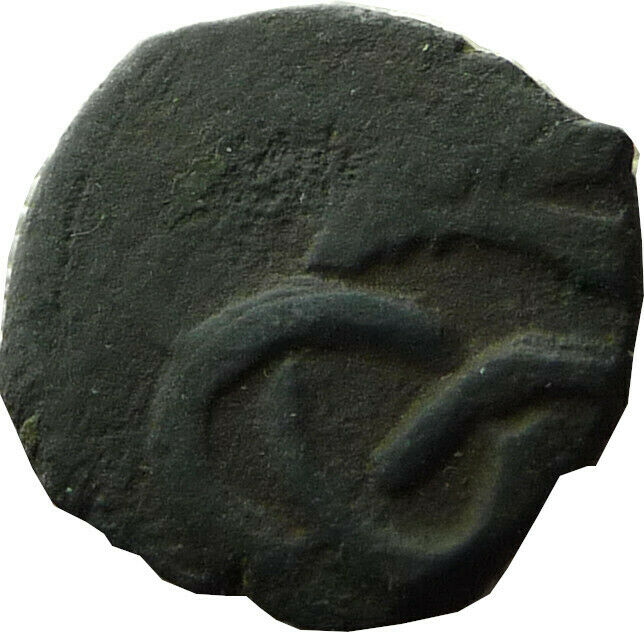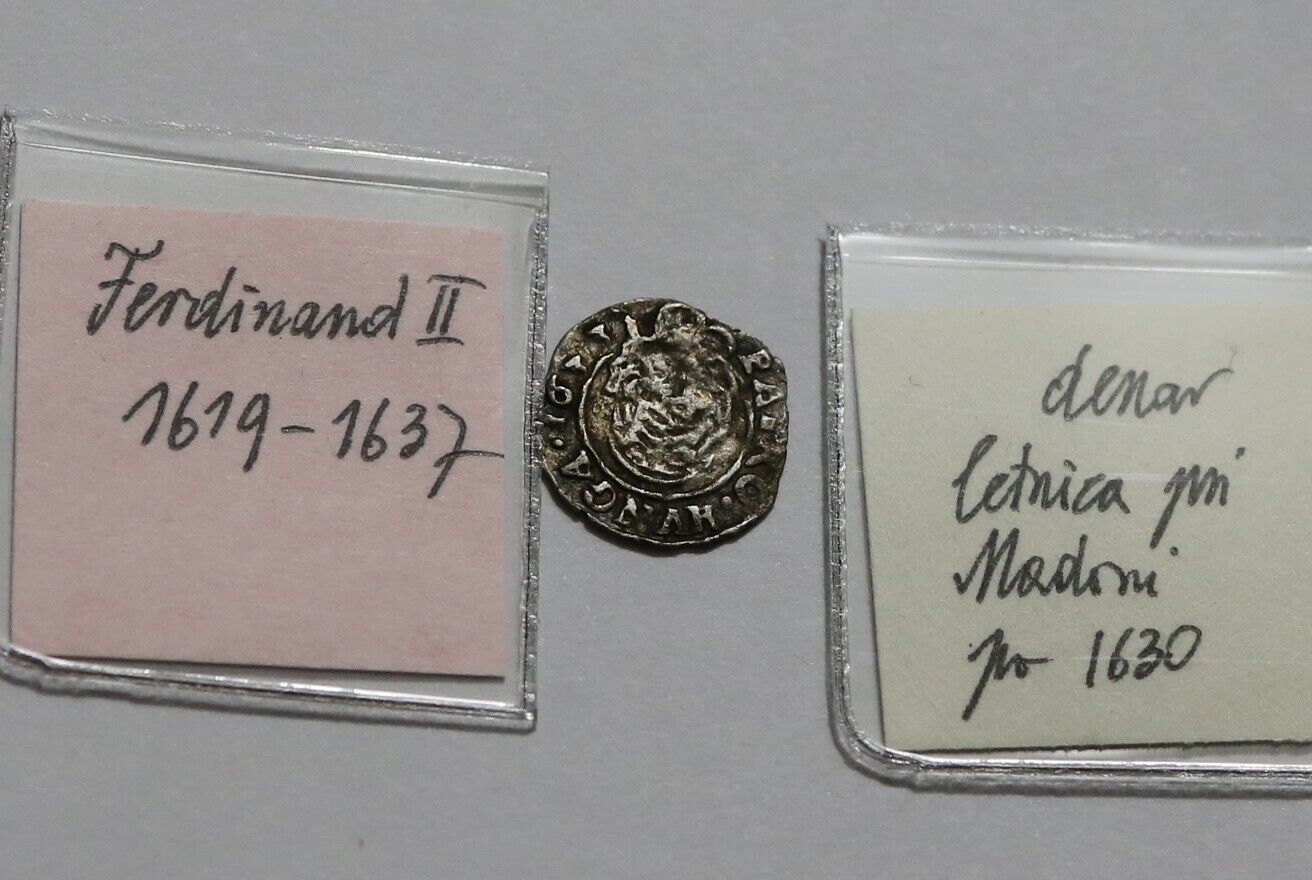-40%
1448 - 1449 Islamic Medieval Dragon - Mehmed II Ottoman Empire Turkey -very rare
$ 48.57
- Description
- Size Guide
Description
1448 - 1449 Islamic Medieval Dragon - Sultan Mehmed II of the Ottoman Empire - Turkey - a very rare coin.Slightly off-center strike with a coiling dragon, the dragon's head is facing right and extending to the edge of the coin. I believe this coin with it's dragon preparing to strike was Mehmed II's response to the infamous Christian Order of the Dragon, whom he had battled against on numerous occasions.
Size: 13mm
Weight: 0.95g
Composition: copper
Age: 1448 -1448
Historical Perspective:
The Order of the Dragon was created in 1408 by King Sigismund of Hungary in response to attacks on his kingdom by the Ottoman Turks. The first members of the order were knights who swore an oath to defend the king and cross by fighting the enemies of Christianity. When Vlad II joined The Order of the Dragon in 1431, King Sigismund gave Vlad the surname Dracul. Since Dracul means dragon, the name was given in reference to the heraldic creature. After his induction into the order, Vlad II issued a small number of coins with a primitive dragon on them. When Vlad’s son joined the Oder of the Dragon several years later, his son took the name Vlad III Dracula – Dracula means ‘son of the dragon’, and he is the infamous ‘vampire’, popularized by the fictional novel written by Bram Stoker in 1897. What is often overlooked in the fact that Vlad III Dracula was considered a hero in his day because he refused to pay tribute to Sultan Mehmed II of the Ottoman Empire who was attempting to claim Vlad’s homeland of Wallachia as his own. Infuriated by the Sultan’s demands, Vlad not only refused to pay the tribute, he also took up arms and fought against the Sultan’s army over the next several decades. Vlad proved to be a terrifying foe who often impaled his enemies and put their corpses on display to ward-off future attacks. Despite his brutality, Vlad III Dracula was loved by his people, and it is estimated that he and his men killed over 50,000 Ottoman invaders before he was killed in battle in 1476.









